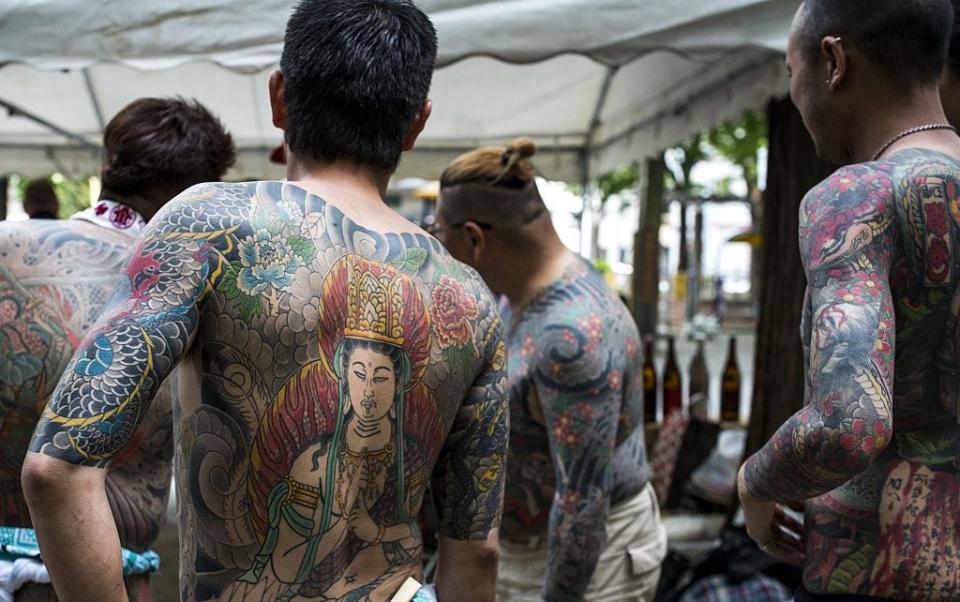Japan's yakuza — once powerful organized crime figures — are reduced to stealing Pokémon cards
Tokyo police arrested a yakuza boss, accusing him of stealing Pokémon cards.
The yakuza once had a fearsome, violent reputation. This arrest marks a shift to petty crimes.
Anti-gang laws and lower profits have made yakuza membership less appealing to younger Japanese.
Tokyo Metropolitan Police last week arrested an executive of the Takinogawa gang, a faction of Japan's second-most powerful organized crime syndicate — the Sumiyoshi-kai.
His alleged crime? Police accuse him of stealing Pokémon cards.
Yakuza are members of organized crime syndicates, the Japanese equivalents of gangsters or mafiosos. Membership peaked in the 1960s when numbers swelled to more than 180,000.
In media, the yakuza are often depicted as terrifying figures, known for full-body tattoos and involvement in loansharking, extortion, and violence.
The recent arrest challenges that stereotype.

SoraNews24 reported that Keita Saito, a 39-year-old kanbu, or leader, was arrested in late April over a petty theft related to a December 2022 office break-in.
According to the news outlet, items worth 252,000 yen, or $1,621, were stolen, which included 25 Pokémon trading cards.
SoraNews24 noted an increase in trading card thefts in Japan due to their lightweight, easy conversion into cash, and difficult traceability.
According to France's Le Monde, it's surprising to see a gang member, let alone a leader, arrested for petty theft in Japan, especially given the yakuza's historical association with more serious crimes.
Gangs have, in recent years, largely moved from violence toward white-collar crimes.
According to DW, as well as becoming less brutal, gang membership has steadily declined over the past few decades.
Stringent anti-gang laws, targeting businesses associating with gangs and restricting members' access to financial services like credit cards and pensions have lessened the economic incentive to join, DW reported.
The COVID-19 pandemic exacerbated this, the outlet said, noting that decreased demand for illegal activities like gambling, sex work, and drug trafficking impacted the yakuza's financial resources.
Becoming a yakuza has become a less attractive career path for young Japanese, according to Tomohiko Suzuki, an expert on the yakuza, speaking to The Guardian back in 2020.
He told the newspaper: "They have to sacrifice a lot to lead the life of a gangster, but for increasingly diminishing returns."
The Guardian reported that the average age of a yakuza is now over 50, with a growing number in their 70s.
Read the original article on Business Insider


